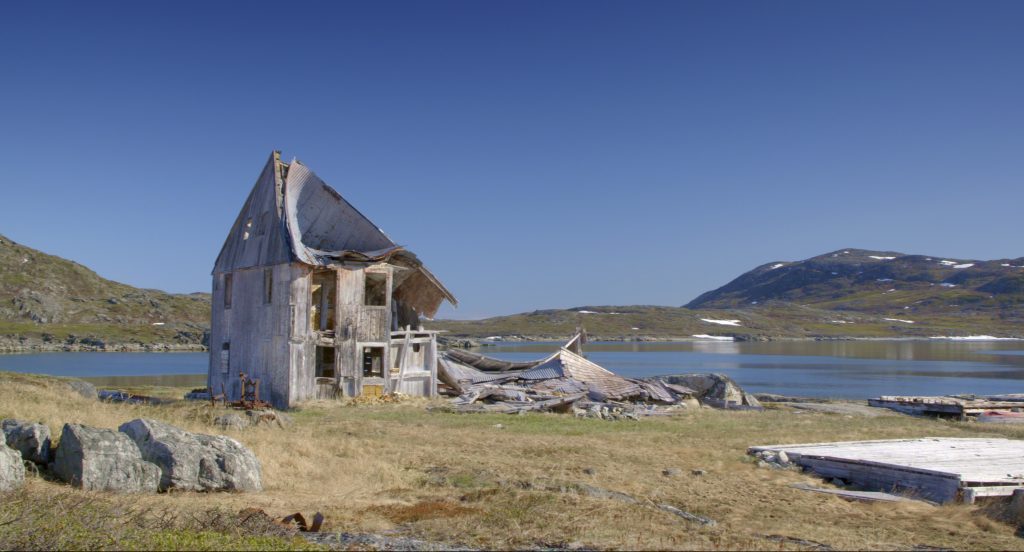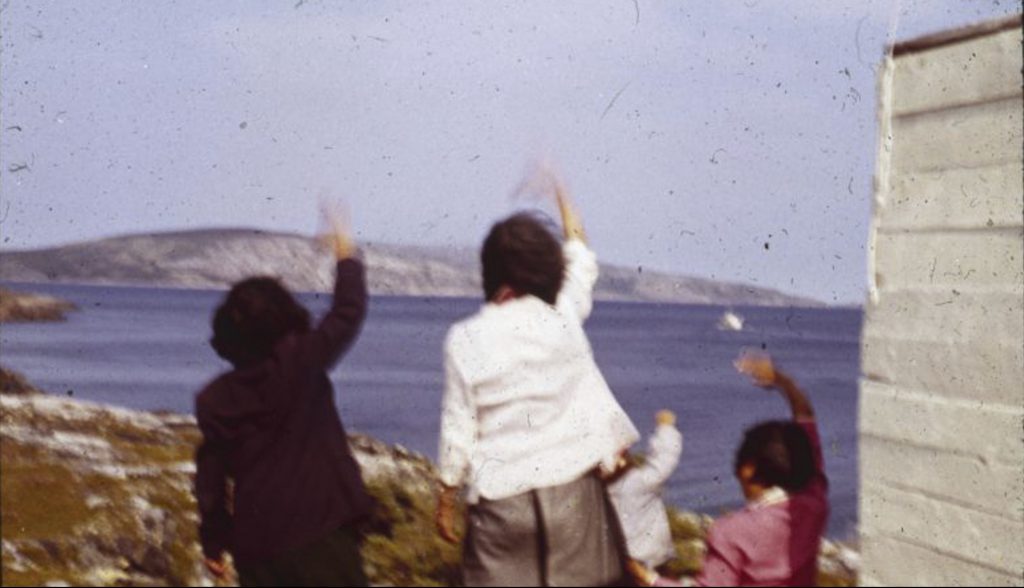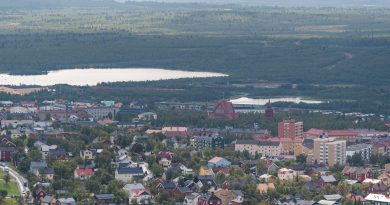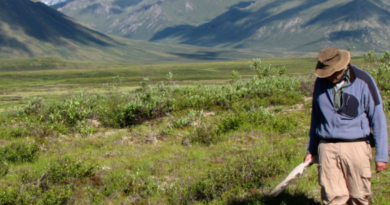Director hopes film on Hebron relocation can both educate and spark healing

The director of a short film about the 1950s relocation of Inuit from Hebron, an Atlantic Canadian community, hopes to raise awareness about this event among Canadians, and facilitate conversations about its aftermath.
“I wanted to do this to educate people about what had happened, and that this had happened in Labrador,” Holly Andersen told Eye on the Arctic in a phone interview.

Hebron Relocation had its premiere at the 2023 Hot Docs Canadian International Documentary Festival in Toronto that ran April 27 to May 7. This year’s showings included 214 documentaries from more than 72 countries.
Andersen is a photographer based in Makkovik, one of the Labrador communities where many of the Hebron relocatees were sent.
She said having a platform for the film like Hot Docs was a thrill and an honour.
“Most of the people there never have heard of where I live or would be able to find where I live on a map, so being able to show them a little piece of my home, and the story I wanted to tell, was a really cool experience,” she said.
Inuit not consulted
The government in the Atlantic Canadian province of Newfoundland and Labrador closed the northern Labrador communities of Hebron and Nutak in the late 1950s.
Inuit were not consulted and faced hardships in the communities they were sent to, located further south in the region.
Some families were forced to live in tents for months as they awaited promised housing. Those relocated also struggled to feed themselves in the new areas where hunting and fishing patterns differed from what they’d known further north.
Hebron Relocation – Still healing from the trauma
The provincial government issued a formal apology in 2005 and unveiled a memorial in Hebron in 2009 dedicated to the relocated residents.
‘We should try to be a bit kinder’
The 15-minute film is told through archival photos and video, and Andersen’s interviews with those relocated, as well as their descendants.
Andersen said navigating the difficult subject matter was the most challenging part of the filmmaking process.
“Many are still feeling that trauma so I tried to go about it in the gentlest way possible,” she said. “It’s an important story to tell so I’m glad I found those people [in the film] to help me tell the story.”

Hebron Relocation is now being submitted to other film festivals and Andersen said she hopes to bring the story to as wide an audience as possible.
“Some families that have gone though [the relocation] don’t talk about it, so maybe the film can be a kind of conversation starter,” she said.
“So other people can know that this happened to them and that we should try to be a bit kinder, because you never know what people are going through.”
Write to Eilís Quinn at eilis.quinn(at)cbc.ca
Related stories from around the North:
Canada:N.W.T.’s 4th annual Łı́ı́dlı̨ı̨ Kų́ę́ Film Festival a showcase for Indigenous and Northern films, CBC News
Norway: Mission impossible: Will Tom Cruise get heli-filming permission at Svalbard?, The Independent Barents Observer
Sweden: Award-winning novel set in Sapmi to get Netflix treatment, Eye on the Arctic
United States: Gwich’in-language short film explores connection with land in award-nominated series, Eye on the Arctic



